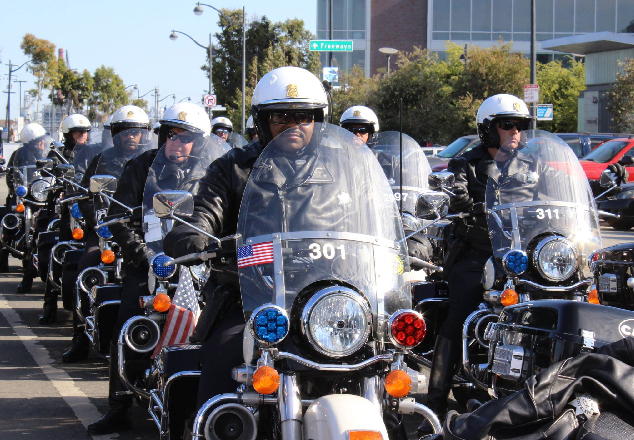
You’re waiting for a friend outside her apartment building. Or double checking the security camera in front of your business. Or distributing door hangers that encourage voters to get to the polls.
These sound like every-day, risk-free activities–but they weren’t for some of the people in these situations, all African American residents of San Francisco.

Instead of moving on through their respective days, each person was unexpectedly confronted by the San Francisco police or the threat of the police–the result of someone calling 911 because they were alarmed by the presence of a Black person.
These instances of unfounded alarm triggering police scrutiny are not exceptions; they are just a few examples among countless many that reveal a profound problem–engaging in life’s regular routines is only reliably safe if you are not a person of color (especially a Black or Brown person), even in San Francisco.
Beyond the headlines (remember “#PermitPatty?”) and individual stories, the data bear this out. Nearly 40% of the calls to the SFPD are about individuals described as African American, even though African Americans make up less than 6% of the city’s population.
That astonishing ratio makes it clear that fear, implicit bias, and racial profiling permeate our local environment. As much as we want to — and do — work for change outside the confines of our city and our state, we have a responsibility to face up to the conditions in our own home. Tackling that task will require both personal and collective efforts. Despite our reputation as a bastion of inclusion, equity, justice, and tolerance, San Francisco has much further to go before that reputation reflects reality.
As part of the long-standing effort to tackle these issues, a San Francisco volunteer group has been hard at work helping to advance us on that journey, focusing specifically on the problems of implicit bias and racial profiling. Inspired by the efforts of Oakland’s Neighbors for Racial Justice, San Francisco Interrupting Racial Profiling(SF-IRP) is a small volunteer organization focused on interrupting racial profiling on social media and in public life. We have several areas of activity:
Social Media Monitoring:volunteers monitor and record social media posts for racial profiling and, where able, intervene in online exchanges motivated by implicit or explicit racial bias. We have centered most of our efforts on NextDoor.com and have a growing data set of these incidents, but more of these apps and sites are becoming available all the time, even though crime itself is down overall. We want to expand our monitoring effort to cover all of San Francisco’s neighborhoods–contact us if you’d like to get involved.
Help us save local journalism!
Every tax-deductible donation helps us grow to cover the issues that mean the most to our community. Become a 48 Hills Hero and support the only daily progressive news source in the Bay Area.
Policy: Our current focus is on preventing bias by proxy or non-police officer racial profiling “policing” activities. SF-IRP has presented a draft resolution to the San Francisco Human Rights Commission, which at its core requires anti-bias training for the volunteers and employees of any public safety groups that have partnerships with the City and/or the San Francisco Police Department.
Community Education:Through guided discussions and workshops for community groups, we hope to raise awareness and decrease instances of implicit and explicit bias in San Francisco. Let us know if you are part of a group that is ready to start this work.Nationally, the majority of hate crimes are motivated by bias against the victim’s race, ethnicity, or ancestry, with African Americans as the most frequent targets (see the FBI and ProPublica data). In addition, recent analysis (see Hampton, Mallon, Padilla, and Cardiff University) finds that increases in online hate speech translate into increased violence against minority communities. These realities underscore the urgent need to transform how we live and engage with each other. SF-IRP offers one avenue for creating this change–we know that through unveiling the cloud of online conversations, exposing and mitigating harmful input both here and in our neighborhoods, and “calling in” as opposed to “calling out,” we can create safe and welcoming communities. Please join us!

